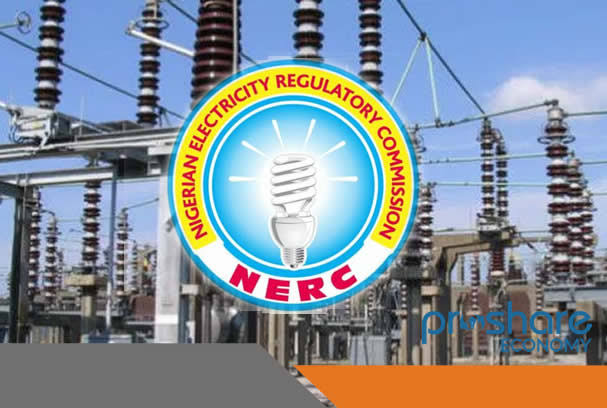Nigeria’s power sector is undergoing a significant transformation with the increasing adoption of renewable energy, particularly solar power. The Nigerian Electricity Regulatory Commission (NERC) has reported a substantial rise in solar panel imports, indicating a growing shift towards decentralized energy solutions. In the first quarter of 2025, the value of imported solar panels reached an impressive N125.29 billion, equivalent to over $200 million in 2023 figures. This investment translates to more than four million solar panels entering the Nigerian market, primarily for captive power generation. The surge in solar adoption is attributed to a combination of government initiatives promoting renewable energy and strategic investments from the private sector. This trend is particularly evident in rural and off-grid areas, where solar power provides a viable alternative to traditional grid electricity.
The expanding solar capacity has led to a surplus of power generation in certain instances, prompting stakeholders to explore avenues for utilizing this excess energy. Recognizing this opportunity, NERC is actively working towards implementing a net metering or net billing system. This system would allow consumers with solar installations to export their surplus power back into the national grid, receiving compensation for their contribution. Such a mechanism not only incentivizes renewable energy adoption but also enhances grid stability and reliability. The move towards net billing signifies a key step towards modernizing Nigeria’s electricity infrastructure and promoting a more sustainable energy landscape.
NERC’s commitment to this progressive approach is demonstrated through its development of draft regulations on net billing. In adherence with its business rules and the Electricity Act 2023, specifically sections 46 and 48 governing proceedings, consultations, and public hearings, NERC has initiated a public consultation process. The commission has invited stakeholders and the general public to review the draft regulations and provide valuable feedback. This transparent and participatory approach ensures that the final regulations are well-informed and address the diverse needs and concerns of all stakeholders. The deadline for submissions is September 26, 2025, allowing ample time for comprehensive review and input.
The potential implementation of net billing holds significant implications for Nigeria’s energy future. By creating a framework for feeding excess solar power back into the grid, NERC aims to foster a more dynamic and efficient energy ecosystem. This system will empower individuals and businesses to become active participants in the energy market, contributing to both their own energy independence and the overall stability of the national grid. Moreover, net billing encourages further investment in renewable energy technologies, driving down costs and accelerating the transition to a cleaner, more sustainable energy mix.
The growth of solar energy capacity in Nigeria aligns with global trends towards decarbonization and the increasing importance of renewable energy sources. In 2024, Nigeria added 63.5 megawatts of solar capacity, bringing the total installed capacity to 385.7 MW. This upward trajectory underscores the country’s commitment to diversifying its energy sources and reducing reliance on fossil fuels. The adoption of solar power not only contributes to environmental sustainability but also enhances energy security and reduces vulnerability to fluctuating global oil prices.
The NERC’s proactive steps towards implementing net billing represent a transformative phase in Nigeria’s energy sector. By embracing innovative solutions and fostering public participation, NERC is paving the way for a more sustainable, resilient, and decentralized energy future. The forthcoming net billing regulations have the potential to unlock significant economic and environmental benefits, empowering consumers, stimulating investment, and driving further growth in the renewable energy sector. This move is not only a testament to Nigeria’s commitment to a cleaner energy future but also a crucial step towards achieving its broader development goals.














